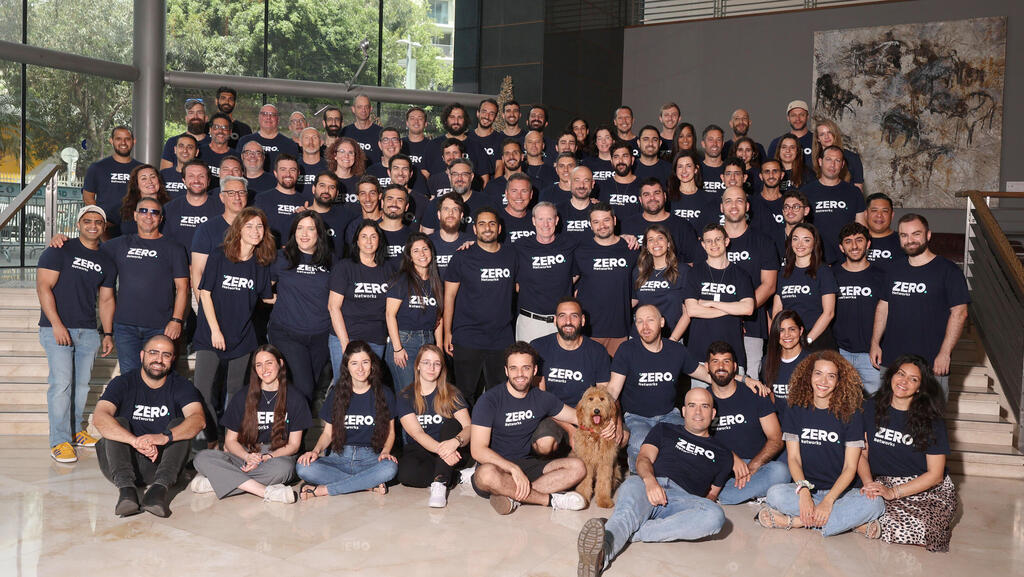
Zero Networks raises $55M Series C to simplify microsegmentation at scale
Israeli cybersecurity firm promises scalable zero trust architecture as lateral movement threats surge.
Zero Networks, a cybersecurity startup headquartered in Tel Aviv, has raised $55 million in Series C funding in a bid to revive one of the most powerful, but long neglected, ideas in network defense: microsegmentation.
Full list of Israeli high-tech funding rounds in 2025
The investment, led by Highland Europe with participation from F2 Venture Capital, PICO Partners, Venrock, and USVP, brings the company’s total funding to over $100 million. Jacob Bernstein, Principal at Highland Europe, will join the company’s board.
Founded in 2019, Zero Networks has gained traction for simplifying the notoriously complex process of microsegmentation, a strategy that blocks lateral movement by isolating devices and services from one another, rather than defending only the network perimeter. Once hailed as a “crown jewel” of cybersecurity, microsegmentation has often been viewed as too cumbersome to deploy effectively, leaving even well-defended enterprises exposed once attackers breach the initial line of defense.
“Microsegmentation has long been praised for its effectiveness but abandoned because of its complexity,” said CEO and co-founder Benny Lakunishok. “This funding validates everything we’ve claimed since day one: that we can make segmentation simple, scalable, and powerful enough to stop lateral movement at its source.”
The Series C raise comes amid a surge in demand for zero trust architectures, security frameworks that limit access based on user identity and device verification, rather than assumed trust based on network location. Zero Networks positions itself at the intersection of two related trends: the move toward identity-centric access control and the rising enterprise fear of ransomware and supply chain breaches that spread internally through unsegmented networks.
Related articles:
Since its Series B round, the company claims to have tripled its customer base, doubled its headcount, and grown revenue by more than 300%. Though exact figures are undisclosed, such growth reflects growing interest in proactive defenses that can block attackers even after an initial breach, an increasingly urgent priority for large enterprises.
The company currently employs over 120 people, including around 70 in Tel Aviv.
In addition to microsegmentation, the platform includes Zero Trust Network Access (ZTNA) and identity-based least privilege controls, extending its reach to users, devices, and cloud workloads alike. All of this forms what the company describes as a “unified” zero trust platform, one designed not just to detect threats, but to prevent them entirely.